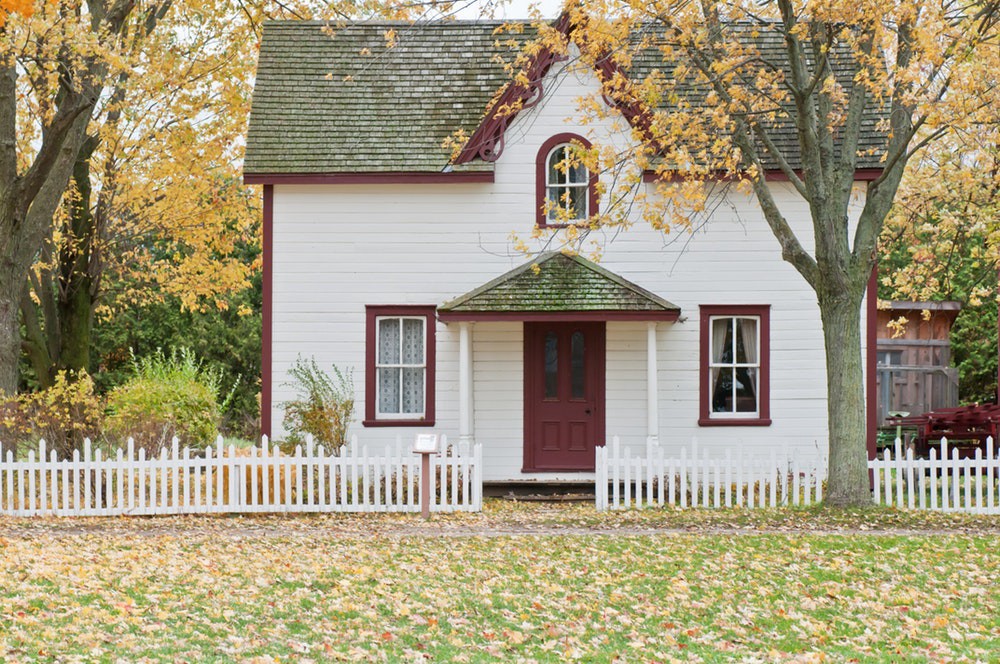
A historically low percentage of millennials are purchasing homes these days, and it’s not difficult to see why.
No other generation has seen that much wealth destroyed around the concept of owning a home.
These are the people who were younger when the housing bubble burst, but still old enough to recognize the impact it had on their parents and loved ones.
Nowadays, the stock market is pretty high-priced and fewer companies are publicly trading. The stock market is on a bit of a shakier ground, and the trust from millennials has never been fully regained.
Millennials are exceedingly capable of comprehending finances. They know that it’s not about what you make, it’s about what you save. They seem to understand the concept of credit cards, the importance of building credit and the damages that can happen from not paying your monthly statements.
Yet the one topic that rarely gets discussed is property ownership and the benefits of building wealth through real estate equity.
The younger millennials I have talked to often don’t fully understand the basics of owning a home or have resigned themselves to not getting one until far into the future.
In essence, young people are looking for ways to save money and spend less.
In George S. Clason’s classic book The Richest Man in Babylon, readers learn that the secret to wealth is saving as much as you can. Millennials, it seems, think that renting apartments, condos and homes is an easy way to do that. Still, the large majority of millennials say they want to purchase a home eventually.
The American dream, in that regard, is alive and well.
Yet the percentage of young people who are actually buying is at a historical low. 36 percent of current homeowners are under 35, a percentage higher than it has been in a while. Despite the gains that have been made in their demographic, millennials are still sitting on the fence.
What most are failing to realize is that purchasing and owning a home can be the cheaper — not to mention smarter — decision.
It’s a decision that I too failed to make when I moved to Chicago in 1999. I remember looking at condos at the time and thinking “I should buy something,” but I was scared and thought there was a stigma attached with purchasing a home so young. This was my mindset even without having had the housing bubble burst. Down payments and mortgages have always sounded like scary things that turn potential homeowners away.
One of the smartest things you can do with your money is put it into assets.
A primary residence that appreciates and has a mortgage that is paid down over time has equity, and you can — and should — turn that primary residence into an investment, and an income generating property, when you can afford to step up to purchase your next primary residence.
A problem that is not exclusive to millennials, most people don’t realize how little down payment requirements are today. There are programs that exist with only 3–3.5% down (and even 0% down for veterans and USDA eligible properties). If someone followed the advice from The Richest Man in Babylon and saved enough for at least a mortgage down payment and closing costs, they can begin to build a property portfolio that will pay dividends in the long run.
Even a small portfolio can keep life stable through tough times and give them a boost when things are going well.
It is only a matter of time before millennials get smart about real estate, but there doesn’t have to be a wait in the first place. The tides may turn once again as more of them move from urban centers out to suburban areas. The opportunity is ripe for the picking.
Real estate is an untapped market for millennials to build wealth in, they just need to stop sitting on the fence — and buy a home with one instead.
